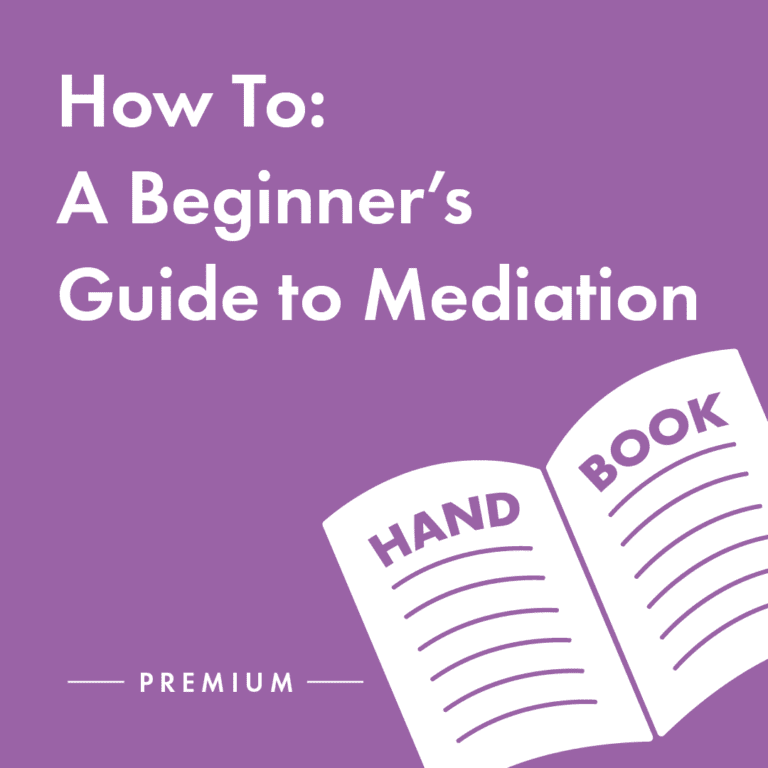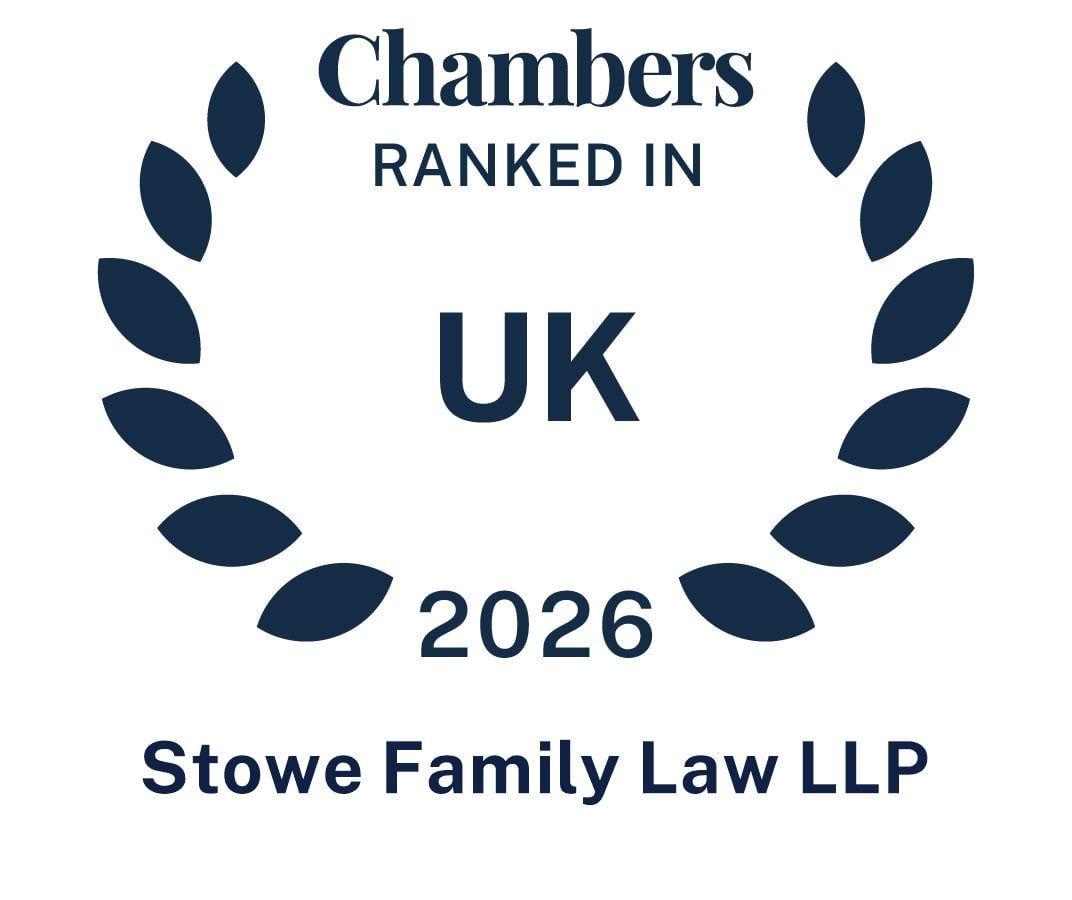Using a solicitor for out of court divorce settlements
When going through divorce and separation, it is important you have the right team of people around you for support and guidance. Your lawyer is a key part of this team and will provide invaluable advice on your divorce and separation journey.
At Stowe Family Law, we focus on resolving any disputes with a constructive and collaborative approach, keeping your and your family’s best interests at the heart of decision making.
Our expert family lawyers are on hand to take you through every step of the divorce negotiation process, providing tailored advice for your unique case.
Key Collaborative Family Law Information
-
What is collaborative law in the UK?
-
Collaborative family law is a non-court dispute resolution method where you and your ex work together with your individual collaboratively trained lawyers to reach a mutually agreeable outcome on your divorce issue.
-
What is the collaborative law process?
-
Once you and your ex have chosen an individual collaborative lawyer, you will both need to sign an agreement stating your intention to collaborate fully on finding the best solution for both parties. From here, your legal teams will work closely to avoid court proceedings whilst providing you a satisfactory outcome.
-
How long does the collaborative process take?
-
There’s no exact timetable applied to collaborative law, so the exact length of the process will depend on the complexity of your case and how easily you can reach an agreement. Some couples will only need two or three meetings, some may require more. Each session lasts about 2 hours.
Our other out of court divorce services
 Download our free mediation guide
Download our free mediation guide
Out of court divorce negotiation
In an ideal world, you and your ex would be able to agree on the matters around your divorce together, including the division of your finances, and arrangements for children. However, we know that this is not always the case.
Separation and family breakdown come with a great deal of emotion which can make it difficult to agree. If this is the case, you may need someone to step in to help guide your divorce negotiation and provide you with the advice you need.
read moreSometimes, the intervention of the Family Court is necessary. However, avoiding court proceedings can reduce the time and cost for everyone, help avoid rifts developing between the parties and benefit future communication and relationships.
There are several methods separating couples can engage with in order to keep their case away from the court, where it is safe and appropriate to do so. Lawyer negotiation is often one of the first ports of call.
Lawyer-led divorce negotiation is a non-court dispute resolution method (NCDR) that enables you and your ex to come to an agreement with the support of your individual solicitors. Couples who struggle to negotiate directly with their ex-spouse often find the process much smoother when there is an expert navigating the issues on your behalf.
Lawyers can also support with other non-court based methods, including mediation, and mediation legal support, collaborative law, arbitration and financial dispute resolution, including private financial dispute resolution (pFDR).
The divorce process
Application
20-week reflection period
Conditional order
6-week waiting period
Final order
Average 9-12 months
If more than 12 months have elapsed between obtaining your conditional order and applying for your final order, you will have to submit a short statement to support your application, explaining the delay.
Meet our expert out of court negotiators
We offer an award-winning service
Why choose Stowe Family Law?
As the only national law firm fully dedicated to family matters, our expert team offers professional advice so you can make a fully informed decision about your divorce.
We are proud to be rated ‘Excellent’ on Trustpilot. Check out our reviews to see what our previous clients have said about our service.
We feature in The Legal 500 rankings and are fully authorised and regulated by the Solicitors Regulation Authority (SRA).
We keep you informed. Take a look at our support section, which features a range of helpful guides, focusing on important topics including finances and mediation.
Let's ask Legal 500
Adept at providing realistic and timely adviceLet's ask Legal 500
‘Nicola Beasley is an asset to Stowe and her capabilities far exceed her level of relative experience. She is able to hold her own against partners of other firms. Her correspondence is always measured yet sufficiently robust and detailed. Her attention to detail is particularly impressive.’Let's ask Mrs M
Jennifer helped me over a period of almost 3 years when she assisted me in a difficult divorce procedure. We developed a good relationship during which she gave me the confidence to move forward in a way that would benefit myself and my family for the future. I came to trust her professional judgement and advice in all the situations that arose. … Read more I knew I could approach her whenever necessary for help and support on all matters. Her calm, measured manner made me feel comfortable when addressing the difficult issues. I will always value her kindness and support in helping me to move on with my life.Let's ask J.D
I was delighted with the service I received...from start to finish. They were efficient, transparent with what they could do and the level of fees. They charged me significantly less than what another solicitor firm quoted me for the same work. We were able to complete what I required within approximately a week, which involved a couple of visits t… Read moreo their offices and some e-mails - this was extremely helpful as what I needed was very time-sensitive. The solicitor we dealt with, Ciara, was a credit to her firm and was professional and helpful throughout the process.Let's ask Mrs G
I have been working with Mira for around 2 years to finalise my divorce financial settlement. It has been a very difficult time for me personally so it proved reassuring to know Stowe and Mira were handling it on my behalf. They have been both professional and prompt in our correspondence and meetings. I would recommend them to friends which I be… Read morelieve is the true measure of a company.Let's ask Mr D
Pensions all in order, thanks to your good work. You were very professional and would recommend you to anyone. Sincere thanks.Let's ask A W
Stowe have been professional and supportive throughout. Sarah has always taken the time to explain the process clearly to me and I have always felt that she was there to support me, and my wishes, giving me confidence at a difficult time. In particular Sarah has shone in comparison to the other parties' solicitor who has at times been incompetent a… Read morend unprofessional, in complete contrast to her own service. Thank you.Common questions about out of court lawyer negotiation
Common questions about out of court lawyer negotiation
-
How does lawyer-led divorce negotiation work?
When you have chosen a lawyer, you will have an initial meeting with them to discuss the facts of your case and inform them of your priorities. From this meeting, your lawyer will have a clear picture of how to proceed and what your ideal outcome would be.
Watch our video on preparing for you first lawyer meeting.
Your lawyer will then engage directly with your ex-spouse’s lawyer to discuss the issues you have raised. This may be through letters, phone calls, draft documents or even face-to-face meetings. They will keep you updated with any important information, and what you may need to provide in order to move the negotiations forward.
For example, you will most likely need to exchange financial disclosure with your ex, through the completion of Form E. This will allow your lawyer to have all of the relevant information to advise you fully.
The ideal outcome is that you come to an agreement, which can then be drafted into a financial consent order or a child arrangements order, to be made legally binding by the court.
-
Can my lawyer negotiate if I am also engaged in mediation?
Lawyer negotiation can take place alongside any of the other dispute resolution methods you and your ex are engaging with. For example, you may be going to mediation sessions, but in between these sessions your individual solicitors can advocate on your behalf in negotiation and advise on your position.
Some couples also maintain lawyer negotiation when their case is going through the court process, as it is a more cost-effective method of reaching agreements, whilst having a court-timetable in place to ensure matters are resolved in a timely matter.
-
When is lawyer negotiation not appropriate?
Lawyer negotiation is generally considered appropriate for most cases, and it can also be suitable in some cases where there has been alleged domestic abuse.
However, it can be inappropriate where there are problems with financial disclosure or issues with valuations, or where there are serious welfare and safeguarding concerns. If you are unsure as to what will be suitable for your situation, please speak to an expert family lawyer.
-
What happens if we still can’t agree?
If you are unable to reach an agreement, there are alternative NCDR methods available, including mediation, arbitration, or a private financial dispute resolution hearing.
If none of these result in a final agreement, you may need court intervention. Your lawyer will be able to guide you as to what this involves.
Latest advice
Newsletter Sign Up
Sign up for advice on divorce and relationships from our lawyers, divorce coaches and relationship experts.
Privacy Policy Close newsletter modal






















